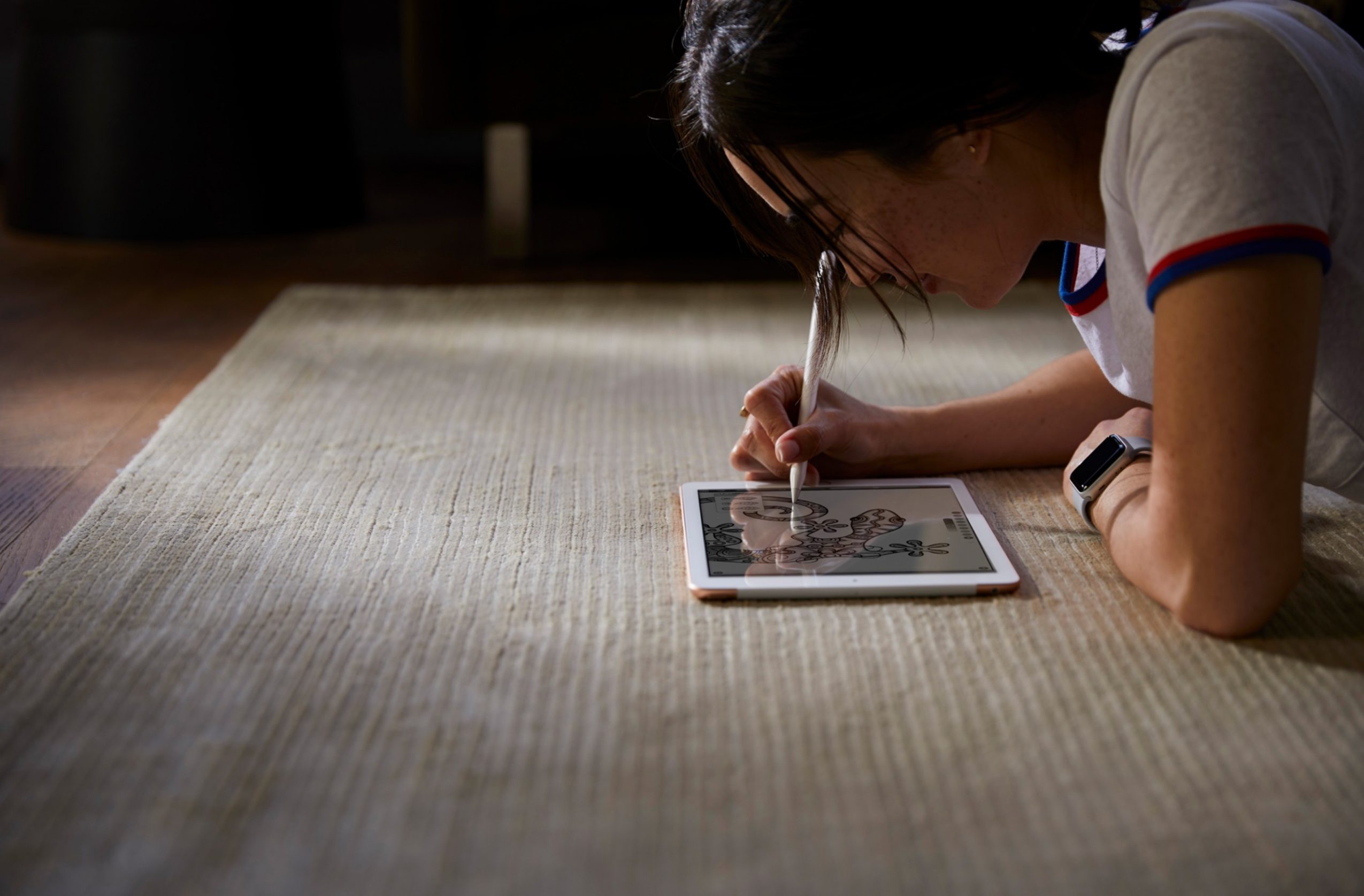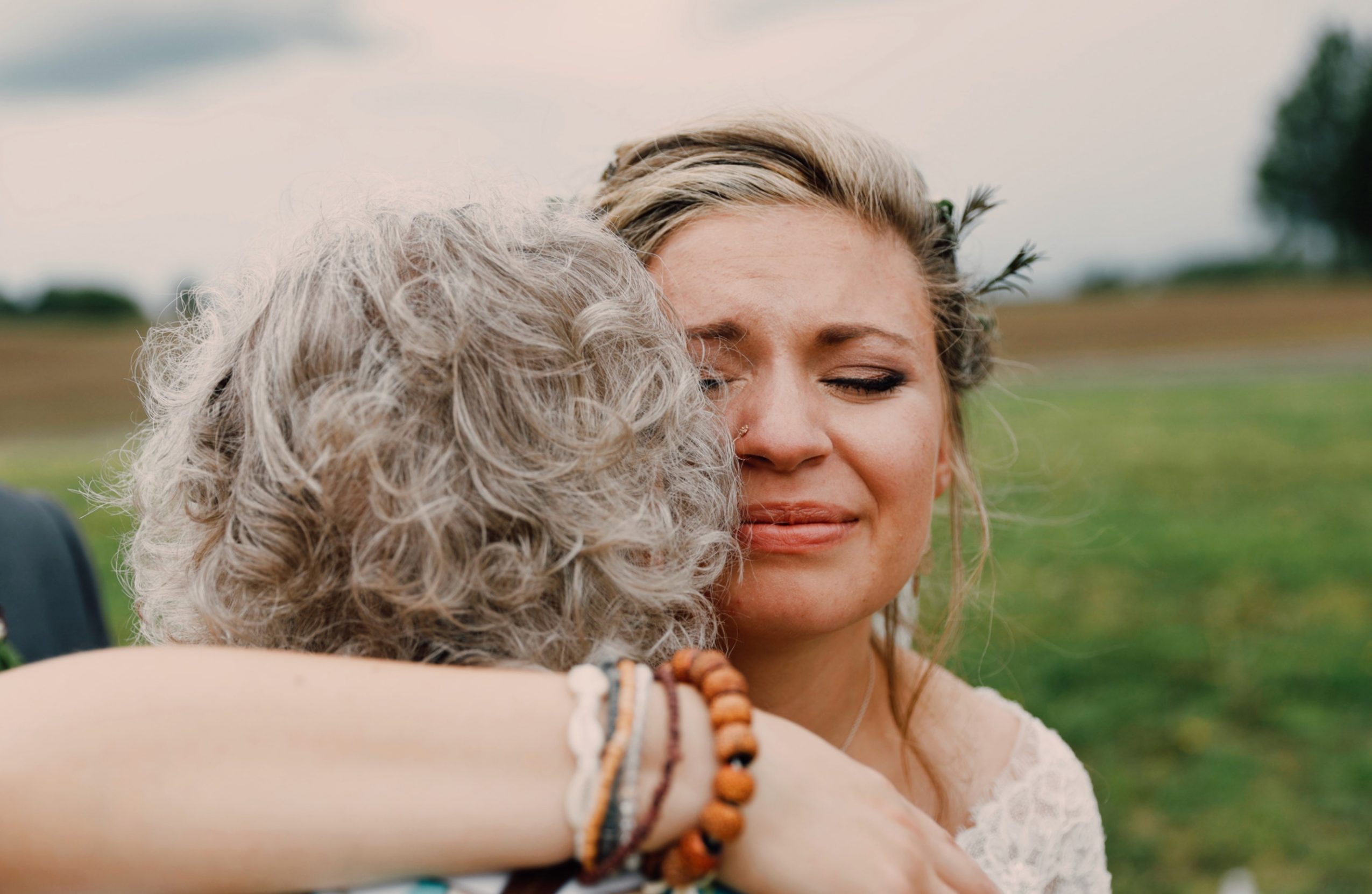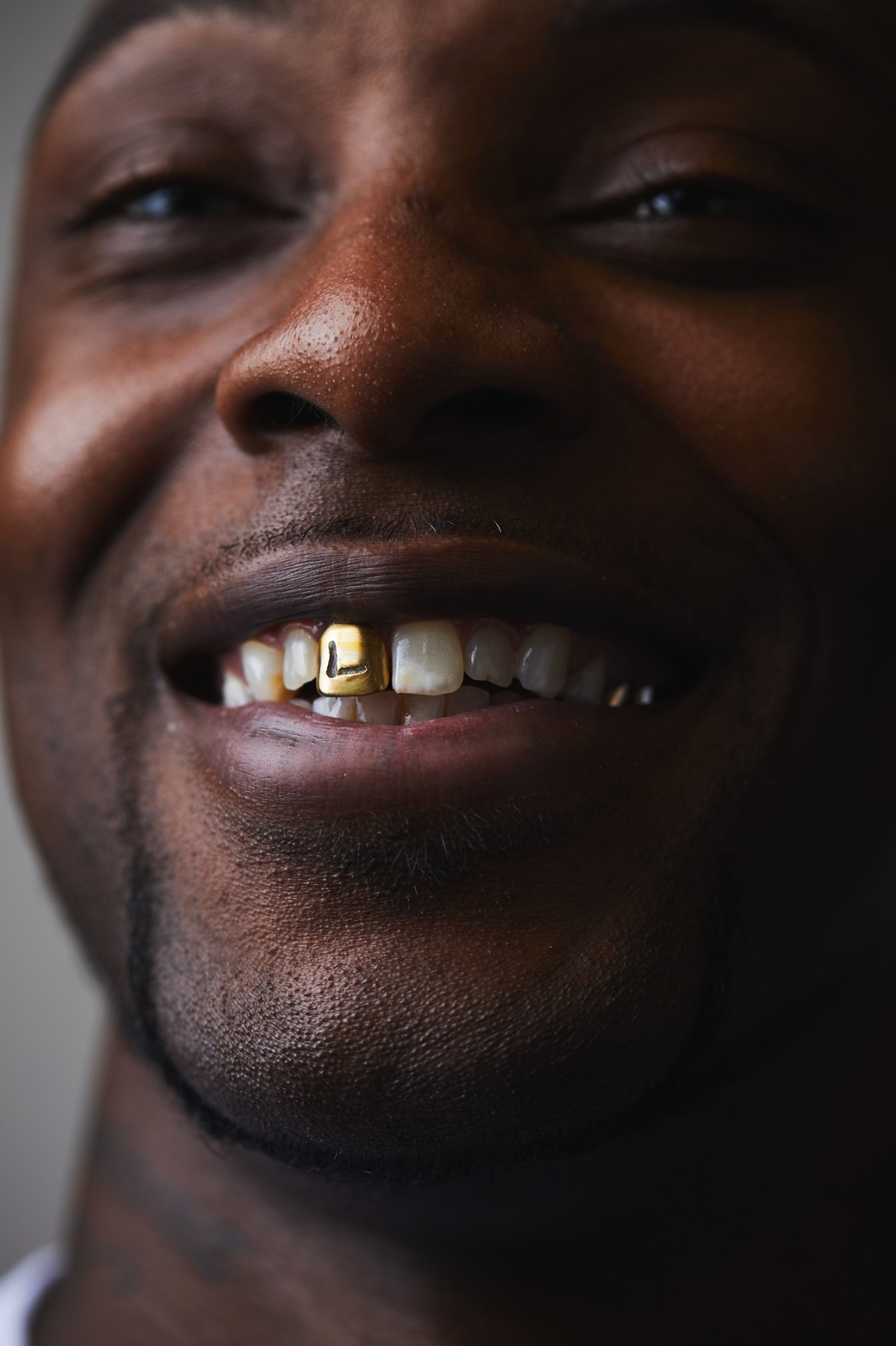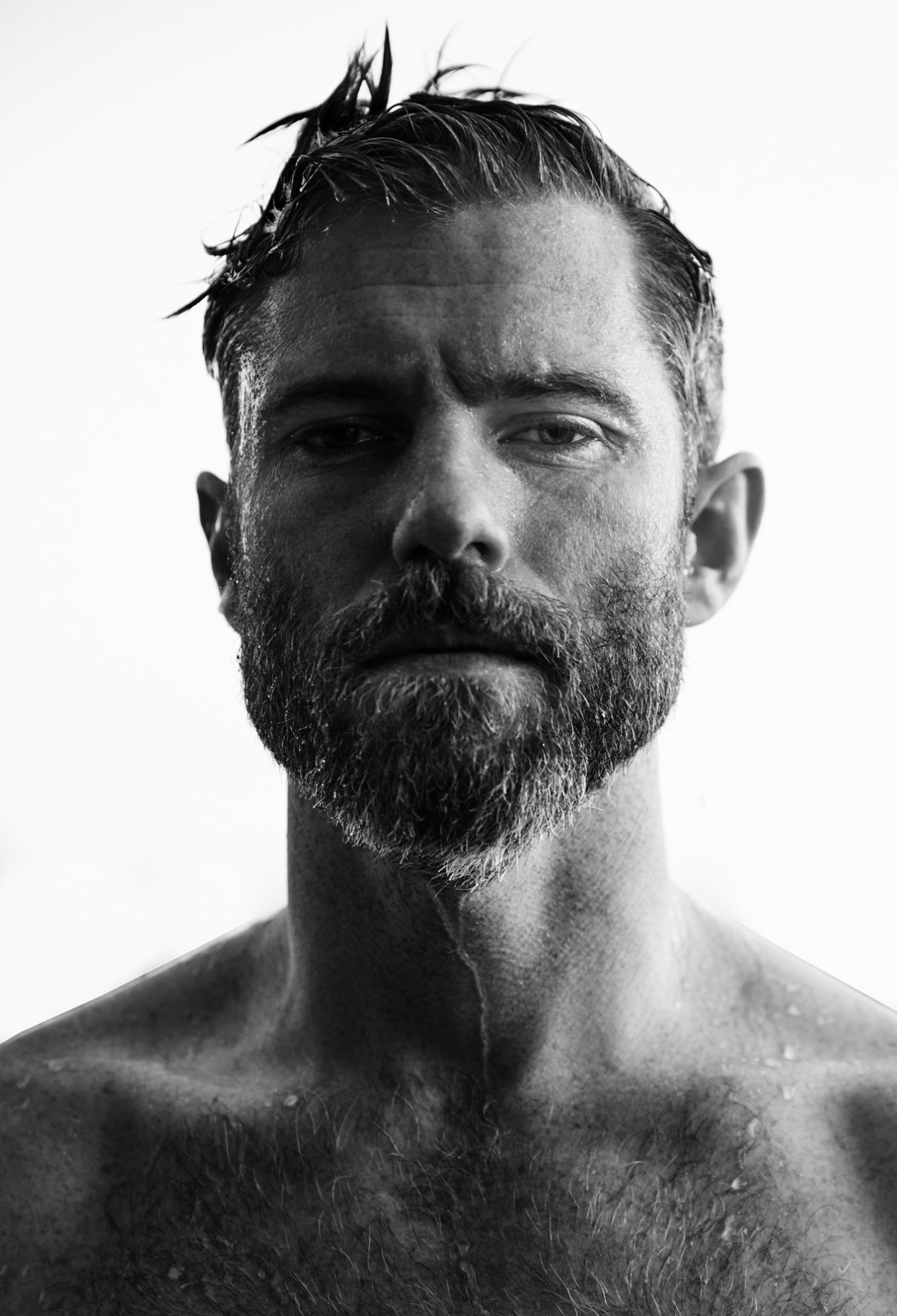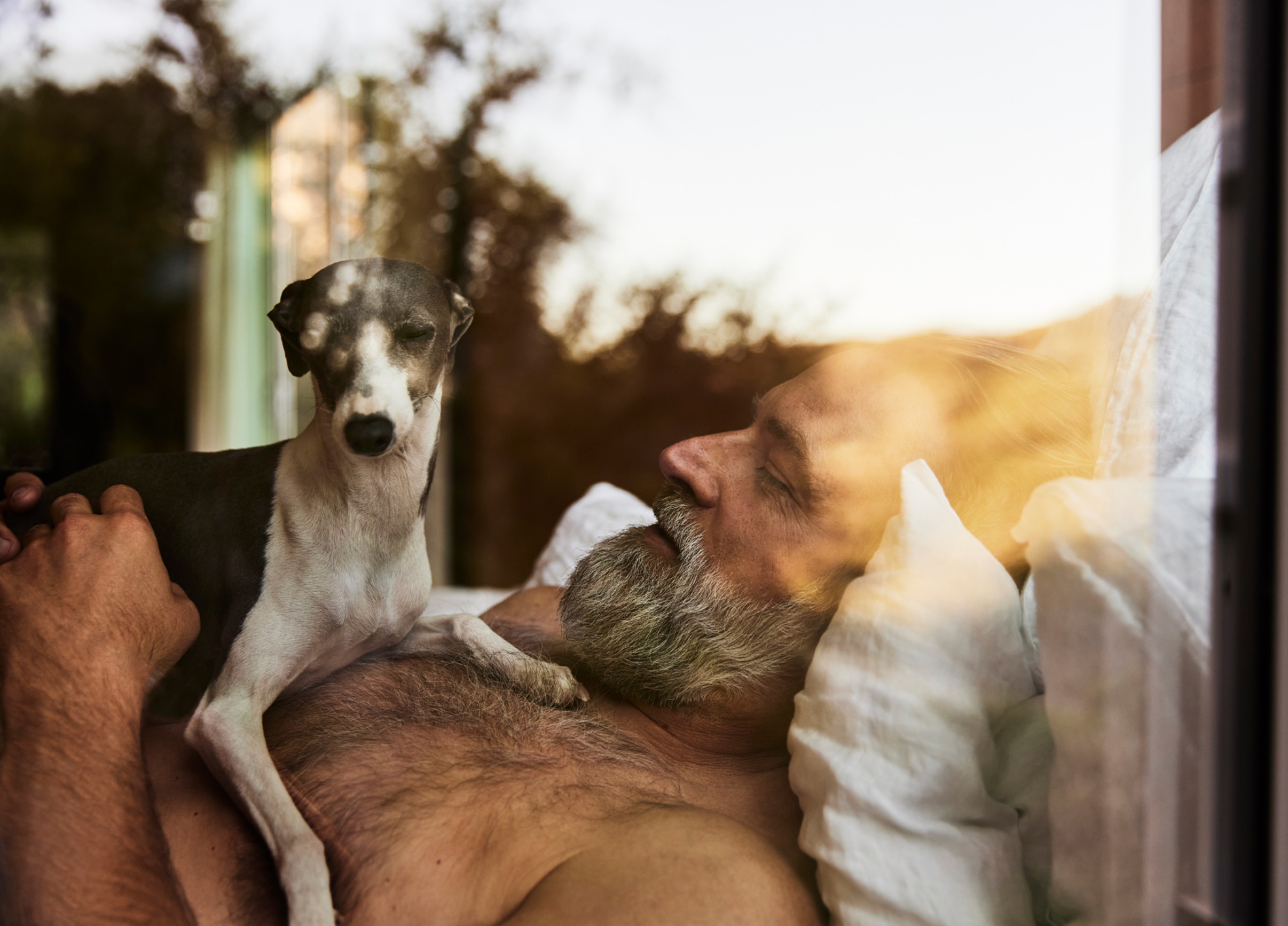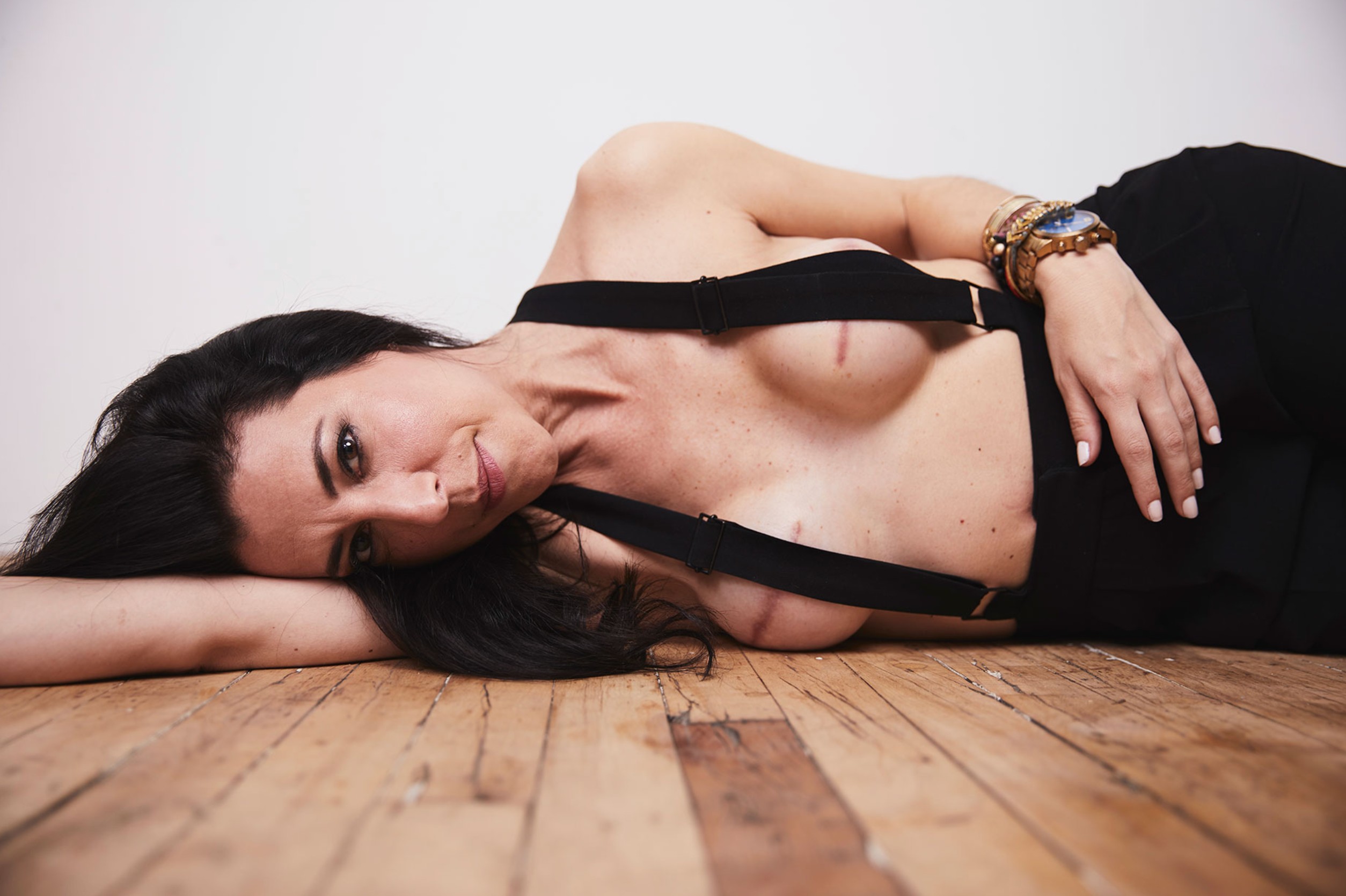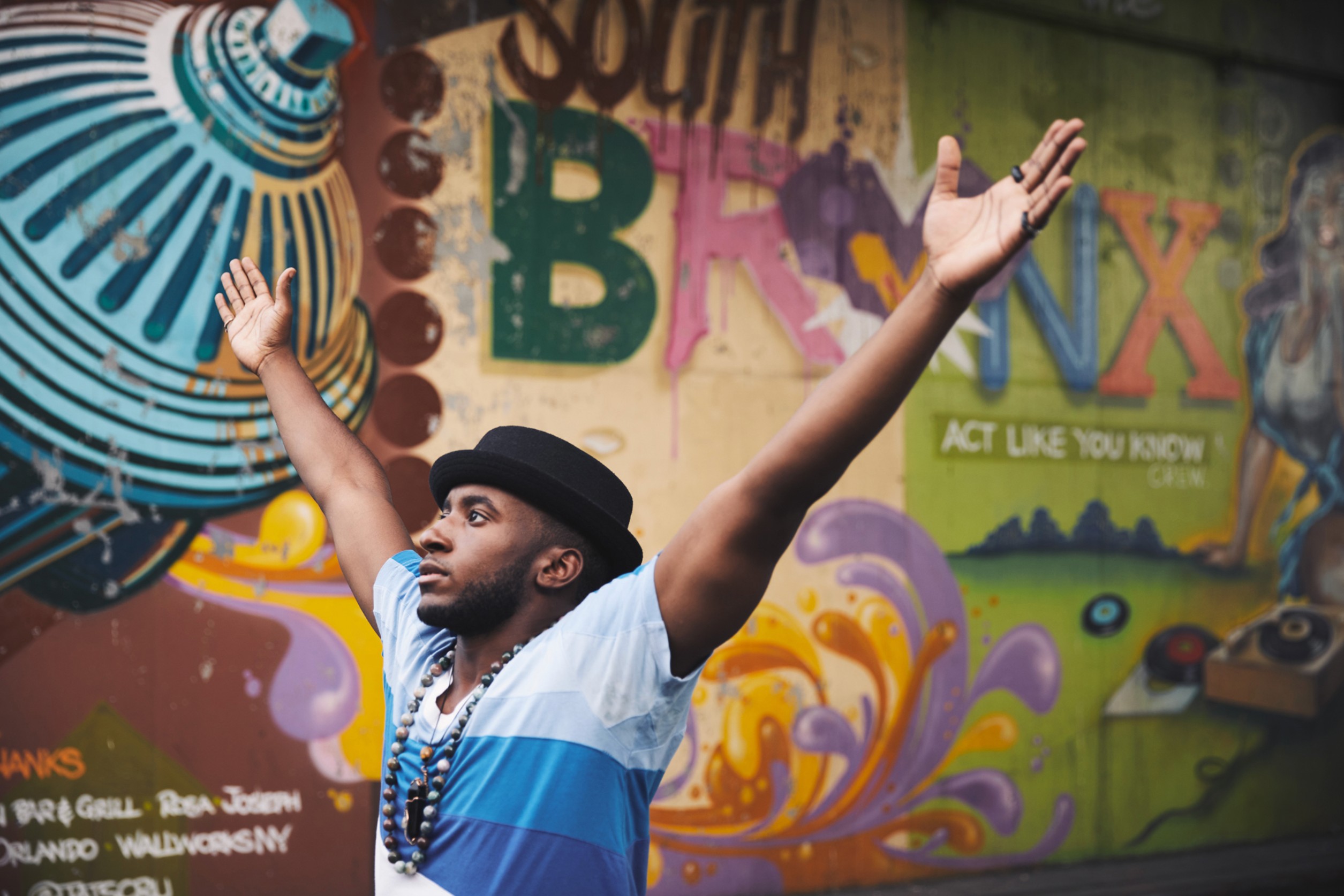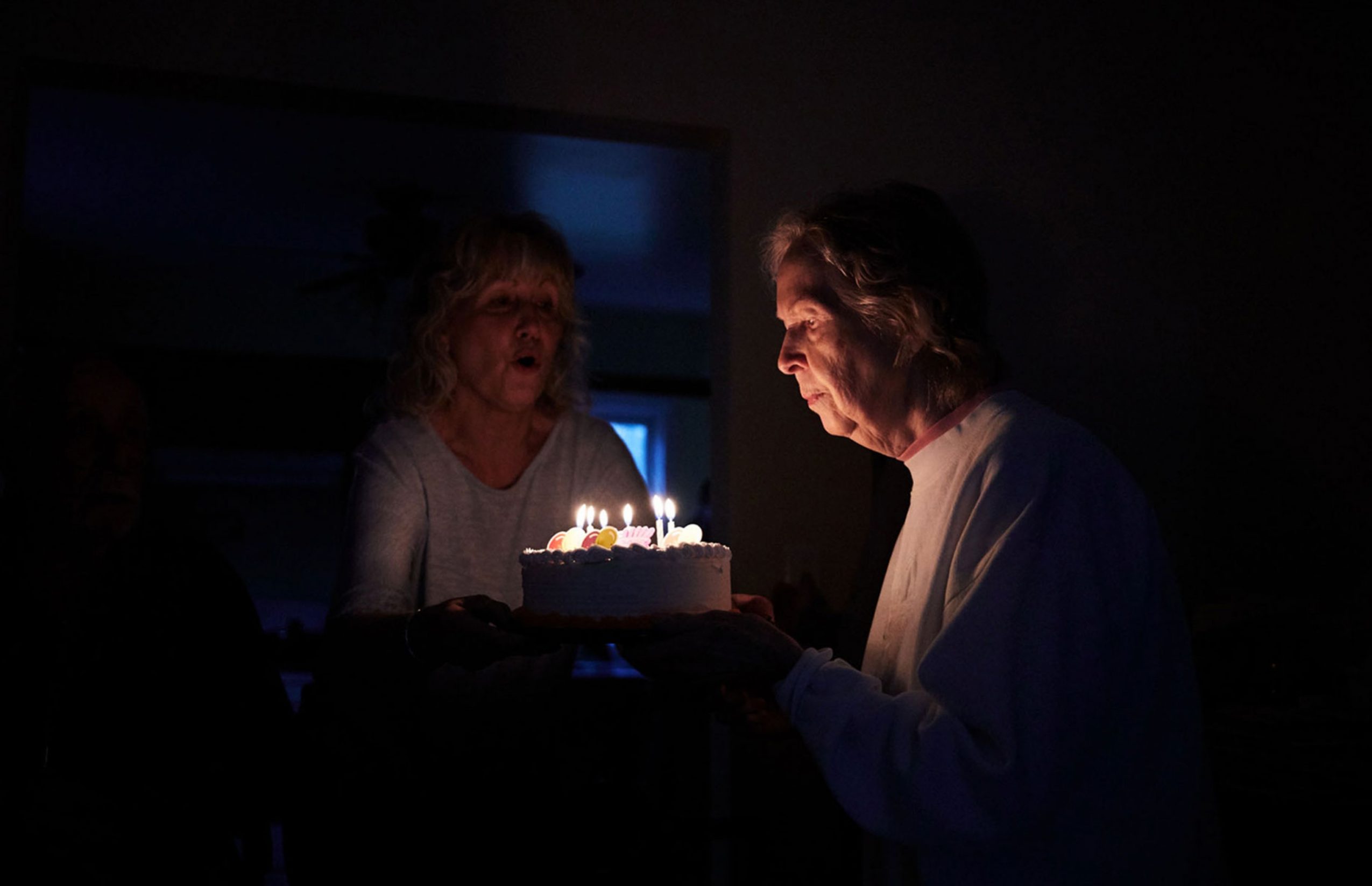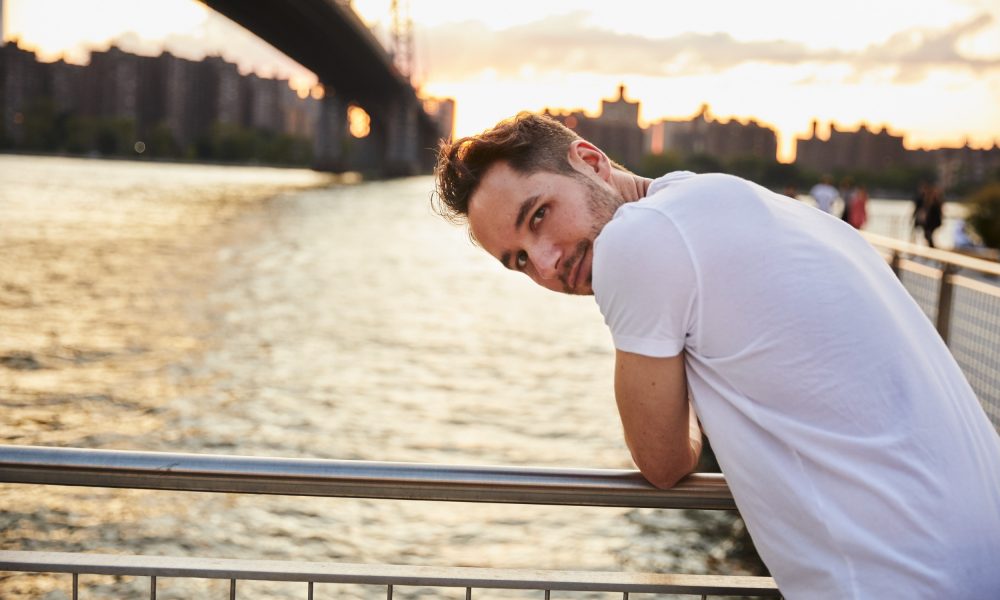

Today we’d like to introduce you to Tom Kubik.
Hi Tom, so excited to have you on the platform. So before we get into questions about your work-life, maybe you can bring our readers up to speed on your story and how you got to where you are today?
My journey has been a long and winding road. I grew up with a single mother in a dead steel city run by the mafia in eastern Ohio. Youngstown still has some of the best Italian food anywhere due to the influx of Italian immigrants that came through, some of which never left. After skipping around the country for middle and high school, I tried my hand at college, and, failing miserably, I promptly landed back at my mom’s house. She was hounding me to pick myself up and go to college, so I thought I would teach her a lesson and join the military in April 2001, which is kind of like buying a house in 2006 (which I also did); I got a very different experience than I signed up for.
It was an important part of my story though, mostly because I left the country for the first time, traveling to Kuwait. There I learned that the story I was told (in this case, the military briefings regarding the locals) can be wildly different than my own experience. This disparity was the impetus for an ongoing inquiry into what makes us human and how we can get as close to truth as possible. Later, I began to use photography to explore the human condition and eventually went back to school to get a degree for it after a brief career dealing poker in Las Vegas. I ended my dealing career by appearing on ESPN World Series of Poker Main Event.
In school, I made connections that, combined with the midwest/military work ethic, opened up opportunities for me to learn from some of the best photographers in San Francisco. One day at a party, I met a woman that sent me to East Africa to photograph her NGO’s projects. It was an incredibly stupid thing to do from a financial standpoint. I was barely able to pay rent at the time. However, the risk paid off, as I molded my style shooting every day for 8+ hours a day. When I returned, I was ready to jump into being a full-time shooter and I had expanded my connection skill set and the way I see humanity. I honed my skills in SF before making the leap to NYC where I learned how to be messier and classier at the same time. It’s been nearly three years now since I made my way back to the west coast.
Alright, so let’s dig a little deeper into the story – has it been an easy path overall and if not, what were the challenges you’ve had to overcome?
I’ve had so many challenges. I came from a poor family where nobody is an artist for a living. If you happen to be artistic, you didn’t talk about it much. It was more of a personal expression you kept inside the house. Just being recognized by my family as an artist took a lot of time and conviction. I was married and divorced at a young age. In some ways that was a blessing, namely my father-in-law at the time bought me my first DLSR. He was my gateway into photography as a career. I also faced financial ruin more than once after amassing tons of debt in the housing crisis of 2008 and trying to make it as a freelancer in 2011 while going to school full time. Add on top of that an emotional breakdown in 2010 which was the first glimpse into what would become my spiritual journey. My life has been burned to the ground many times. In some ways, it’s easier like that. I have less to lose.
As you know, we’re big fans of you and your work. For our readers who might not be as familiar what can you tell them about what you do?
I am a commercial photographer specializing in lifestyle and portraiture. My diverse geographic, socioeconomic, and life experiences background gives me a deep and unique lens in which to connect to my subjects. I photograph everyone from celebrities to prison inmates and my goal is to reveal the common thread that binds us as humans. My hope is that you can look at each one of my photos and you are connected to a part of yourself, or reminded of someone close to you. It’s very intimate.
I’m most proud of how I’ve been able to find projects that feed my soul. I’ve done so much work alongside the brilliant Catherine Hoke in prison reform all over California. Being able to shine a light on those profoundly wise teachers locked away and share their hearts has nourished me and healed me from my own shame so deeply. It’s also the most rewarding to hear from their parents, some of whom hadn’t seen a photo of their child (now an adults) in decades. I’m forever grateful for the love and wisdom I’ve experienced in Pelican Bay State Prison.
My unique combination of life experiences and the dedication I have to leading from the heart just lands different with the people that I photograph. Sometimes I shoot very little and talk most of the time. It’s not a show, it’s a place where I can be my whole self. I can be outrageously silly and I can take people to the depths of their emotions. It’s all fair game as long as it’s real.
Networking and finding a mentor can have such a positive impact on one’s life and career. Any advice?
Finding a mentor in the career is different than finding a mentor for your life. I honestly believe everyone has something to teach me, which is part of what makes my photography what it is. I walk away from every shoot knowing something I didn’t know before. So let the whole world be your mentor.
On a less abstract note, in the beginning when I was assisting I searched photographers in my area on google, like, all the time. I wrote to 10 photographers a day to try to assist them. I followed up relentlessly, went to all the events where they might hang out, and even offered to work for free for a day just to feel it out. Once I was with them I worked my ass off and never questioned their lead. Once I showed them what I was made of, I’d ask them to look at my work and give me honest brutal feedback.
I only recently found a mentor for the bigger-picture life questions I have. Honestly, it was just coincidental.
How I network for photography clients is different. Because of the nature of my work (the connection component), the best way for me to meet clients is by being out in the world meeting interesting people and learning as much as I can about them. That’s how I network. Beyond that, I am genuinely curious about other works that’s being created and connecting to brands that share my heart-centered approach or value system.
Contact Info:
- Website: https://tomkubikphoto.com
- Instagram: @tomjohnkubik
